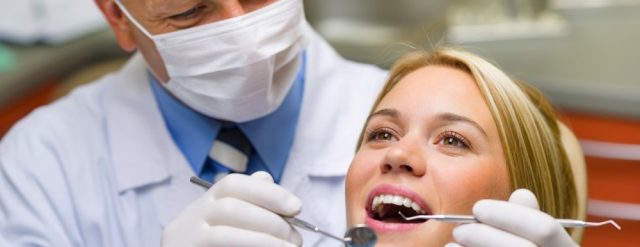As a dental hygienist, you would be responsible for preventing oral diseases and promoting oral health in the community. You would be working alongside dentists and other healthcare professionals to educate people about oral dental health. As prevention is better than cure, patients visit dental clinics to not only get treated but also to maintain dental hygiene. The first and foremost step of becoming a dental hygienist is enrolling yourself in Dental Hygienist School. Here is what takes to become a dental hygienist in Canada:
- Enrolling in a program:
The first and most obvious step is enrolling into a program at a dental hygienist school. Before picking out the course, make sure that it has accreditation from the Commission on Dental Accreditation of Canada. You should prefer picking schools which fall under the National Association of Career Colleges (NACC). For the fees, you could always get funding from the provincial government or take a loan from a financial institution.
To be able to get a certification as a dental hygienist, you need to appear for the National Dental Hygiene Certification Board (NDHCB) administered written exam and the entry to practise exam which is administered by the college.
- Continuous Professional Growth:
After you’ve finished college, you would need to get registered with the relevant regulatory authority in your province or territory to be able to practice. Once you have registered yourself, you would still have to complete a set of professional development initiatives for quality assurance. - Acquisition of Relevant Skills:
Every profession comes with a relevant set of skills. Some of the important skills for a dental hygienist include the ability to assess and record the overall oral condition of the clients, administration of local anaesthesia, ability to perform intraoral radiology, ability to apply dental sealants and administer fluoride, provide scaling and root planning and skills to prevent oral disease.
You may also have to size and quality bands for dental braces, removal of braces or other oral appliances, alongside taking permission for the construction of mouth guards and casts.
- Acquiring Interpersonal Skills:
As the profession of a dental hygienist requires interacting with people, you need to possess interpersonal skills in order to be able to establish yourself. These skills are not taught in dental schools. Skills like client communication, motivation, process and outcome evaluation skills and oral care intervention planning and implementation skills are some of the skills required that would help you stand out.










